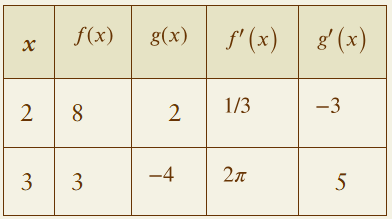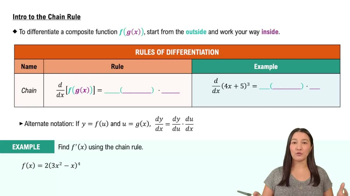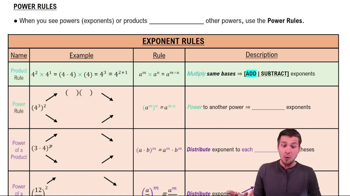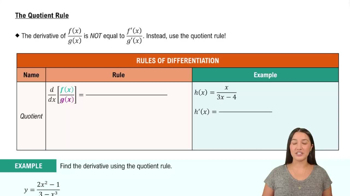[Technology Exercise]
Draining a tank It takes 12 hours to drain a storage tank by opening the valve at the bottom. The depth y of fluid in the tank t hours after the valve is opened is given by the formula
y = 6(1 - t/12)² m.
a. Find the rate dy/dt (m/h) at which the tank is draining at time t.







